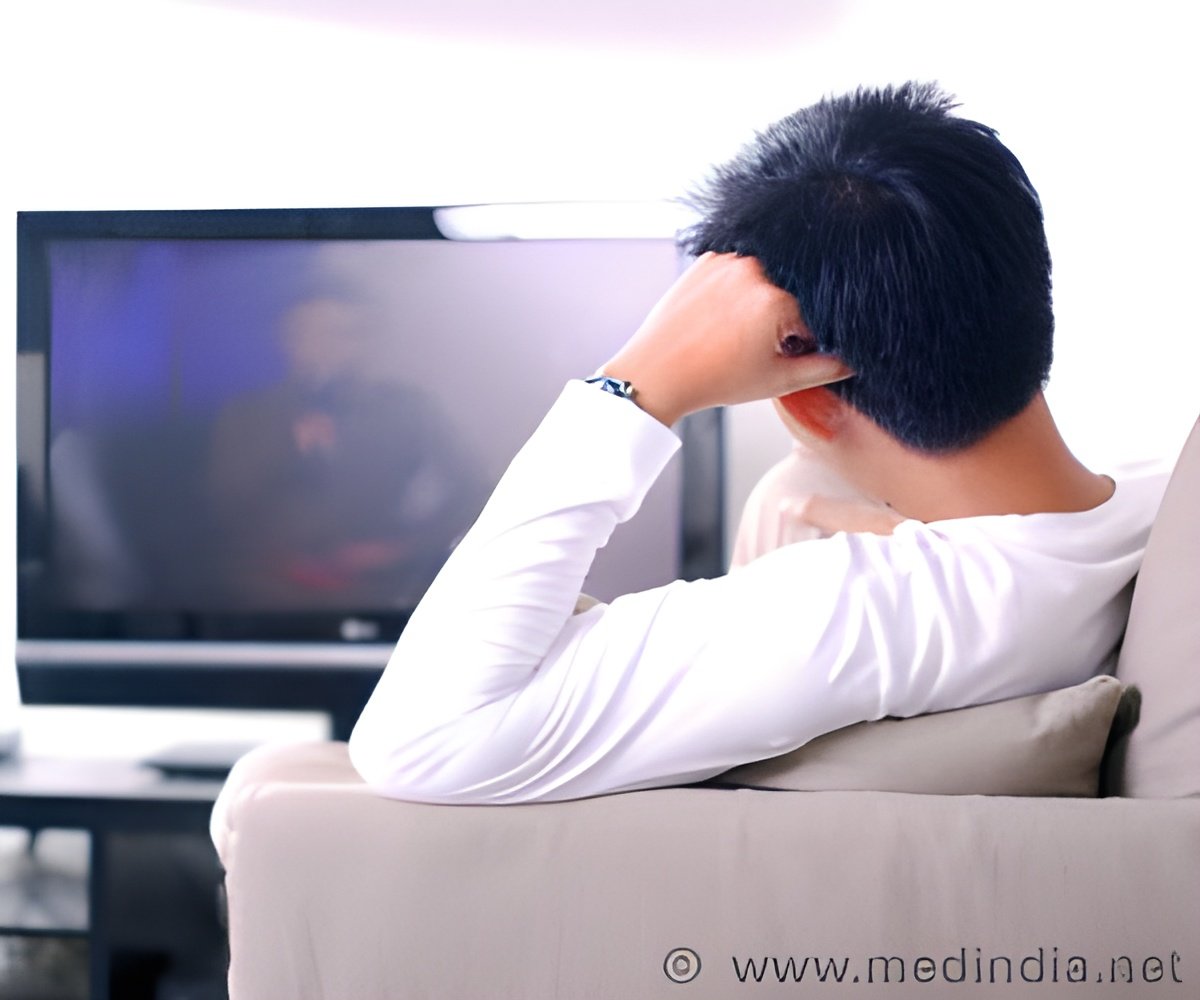Lutein and zeaxanthin isomers are natural filters of high-energy blue light., that reaches deep into the eye and harms the macula, responsible for clarity of vision.

‘Supplementation of lutein and zeaxanthin isomers protects visual health, improves sleep quality and reduces eye strain and fatigue during prolonged exposure to digital screens.’





Lutein and zeaxanthin isomers known as the macular carotenoids are natural filters of high-energy blue light. High-energy blue light reaches deep into the eye and can harm the macula the region of the eye responsible for highest visual acuity by promoting the production of free radicals. Short-term effects can cause eye fatigue while long-term exposure can lead to a progressive loss of visual function.
The B.L.U.E. study (an acronym for Blue Light User Exposure) was the subject of a recent paper, "Effects of macular carotenoid supplementation on visual performance, sleep quality, and adverse physical symptoms in those with high screen time exposure," published in Foods 2017 (Stringham, et al.).//
This is the first study to examine the impact of macular carotenoids supplementation to protect visual health and performance, improve sleep quality and reduce eye strain and fatigue during prolonged exposure to blue light emitting digital screens.
"The effects of blue light on vision isn't new. However, 10 years ago we saw a surge in near field technology holding or using devices within arm's length, resulting in increased complaints around high screen use neck pain, eye strain and fatigue, headaches." Stated Dr. James Stringham, the lead author of the paper.
Advertisement
The B.L.U.E. study was a 6-month randomized, double-blind, placebo-controlled supplementation trial with 48 healthy, young adults with screen time exposure of at least 6 hours daily. Subjects were evaluated at baseline, 3-months and 6-months for MPOD (Macular Pigment Optical Density) and markers of visual performance including contrast sensitivity, photostress recovery and disability glare.
Advertisement
"At home, work and school your eyes are focused on digital devices for long periods of time. In many cases we spend more time staring into digital screens than sleeping." said Abhijit Bhattacharya, President, OmniActive Health Technologies Ltd.
"Even Children, whose eyes are more susceptible to the harmful effects of blue light, spend almost half their day staring into screens. This study is groundbreaking the first of its kind. And builds on an impressive body of evidence on Lutemax 2020 and its impact on vision and brain health. The BLUE study has huge implications because it addresses the growing concern of prolonged 'screen time' that is happening across all age groups and offers a simple solution to protect the eyes in this digital age."
Source-Eurekalert








